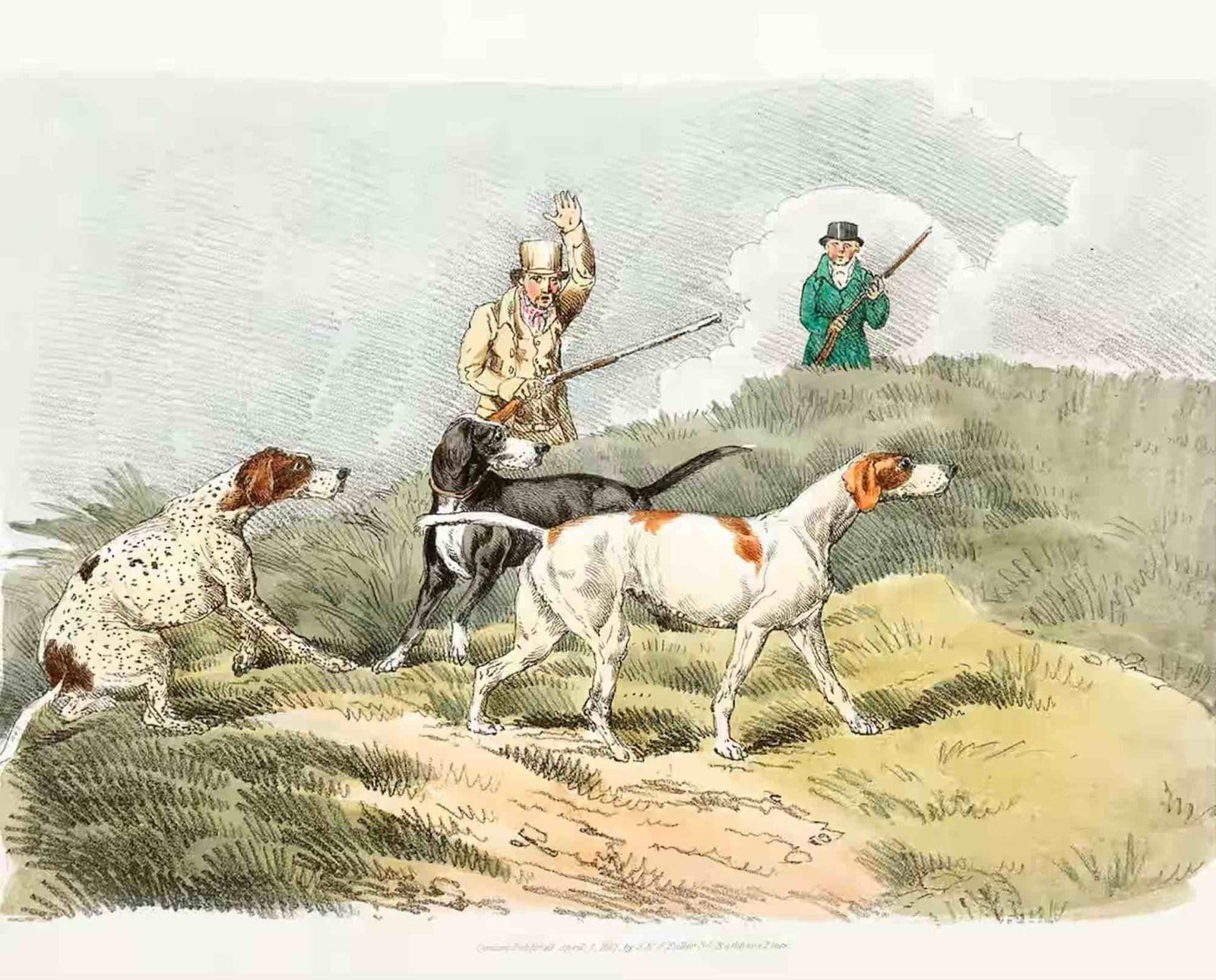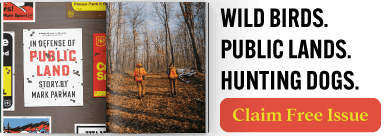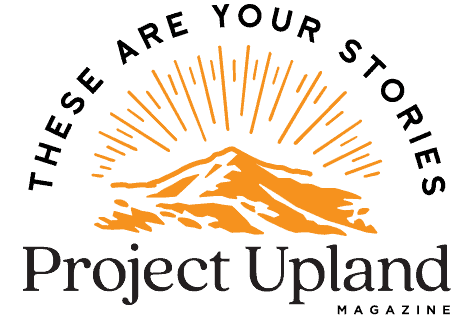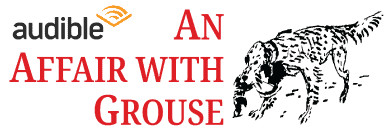Home » Project Upland Listen » Hunting Dog Confidential Podcast » Early American Hunting Dogs, Part 2: HDC Episode #29
Early American Hunting Dogs, Part 2: HDC Episode #29

Jennifer Wapenski is the Director of Operations and Managing Partner…
The arrival of European hunting dogs and the culture of recreational hunting in North America in the 17th through 19th centuries
We continue the history of hunting dogs as a function of place and time, resuming our discussion about dogs in North America in the colonial era.
LISTEN on Apple| Google | Spotify | Stitcher
When Europeans arrived on North American shores—whether it was the Spanish, the French, or the English—we know that they brought dogs with them. Early writings and paintings from this era depict a variety of dogs that accompanied the colonists for purposes of protection and hunting. Some of these dogs bear a strong resemblance to old varieties of pointers and hounds.
In order to better understand the development and use of hunting dogs during this time, it’s important to understand the culture around hunting at the time. Back home in Europe, hunting was reserved by law for the elite landowners as a leisure activity. Even though North America offered the legal and geographic freedom for everyone to hunt the abundant game, it was still frowned upon, especially as a form of recreation or sport. This mindset was largely due to religion, which tended to view any sort of idle, leisure activity as a sin. It was also believed that consuming wild meat could lead to wild behavior. So while people did hunt in colonial North America, it was only done out of necessity and rarely as recreation.
Attitudes began to change in the mid-1800s as the population boomed and the cities became increasingly polluted and crowded. Americans started to look toward the wilderness not as a place to fear, but as a place of solitude and rejuvenation. Writers around this time are credited with changing the very definition of a “sportsman” from a gambling, drinking man to a self-sufficient hunter or angler. Men who worked and lived in the dirty cities began to yearn for the clean air and freedom to roam in pursuit of game and fish.
This transformation was swift and effective. Hunting as a form of recreation was soon widely enjoyed and even prescribed by doctors for better health. While they didn’t have the language of mental health at the time, evidence points towards a culture that recognized outdoor activities as a healthy pursuit for both the body and spirit.
Before long, the newly rebranded sportsmen looked at their hunting dogs as an essential part of the hunting experience. Suddenly there was interest in breeding and training better dogs, along with the realization that such activities would take an investment of serious time and money. Early enthusiasts looked to England as an example of how competitions, trials, and shows could lead toward the development of superior dogs. This cultural transformation reflects the beginning of the golden age of hunting dog breeds in North America, which we will explore in the next episode.
Offering the same disclaimer as we do in the last podcast episode, we acknowledge that North American history is fraught with bias, racism, and erasure. While our research is conducted with that in mind, we also realize that the facts we report are not free from bias. Please don’t hesitate to reach out via email if you have any corrections or alternate perspectives to share.
As always, we thank you for listening and invite you to submit feedback or questions to us at HDC@northwoodscollective.com.
Share | Comment, review and discuss this episode of the podcast in our Project Upland Community Facebook group.
Enjoy the show and don’t forget to rate, review, subscribe, and share this podcast.
Hunting Dog Confidential is presented by Eukanuba Premium Performance Dog Food and supported by Dakota 283, Syren USA, SportDOG Brand and Kent Cartridge.
Jennifer Wapenski is the Director of Operations and Managing Partner at Project Upland Media Group. She has a lifelong passion for the outdoors, dogs, and wildlife; as an adult, she discovered that upland bird and waterfowl hunting were natural extensions of these interests. What started as initial curiosity soon escalated into a life-changing pursuit of conservation, advocacy, and education. Jennifer serves in a variety of roles such as the Breed Warden for the Deutsch Langhaar—Gruppe Nordamerika breed club and on an advisory committee for the Washington Department of Fish and Wildlife.




informative and deep – thanks